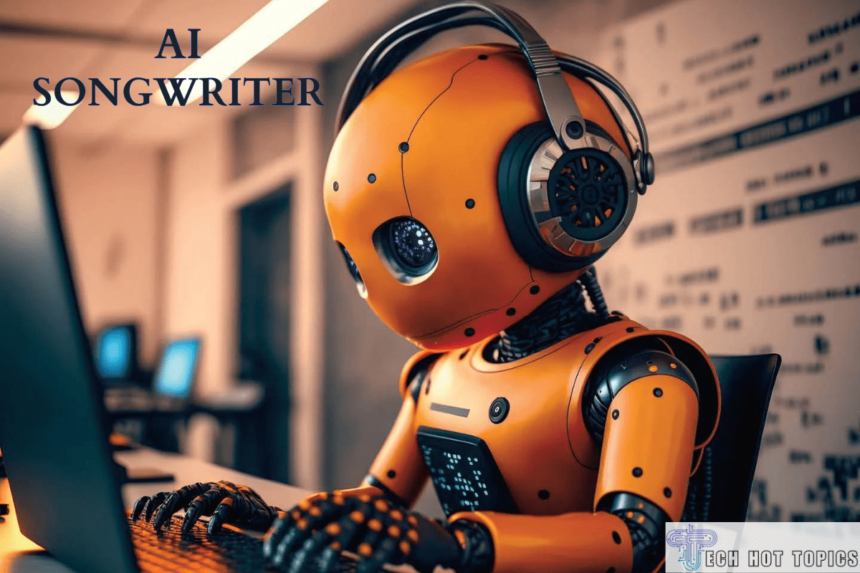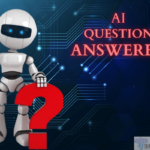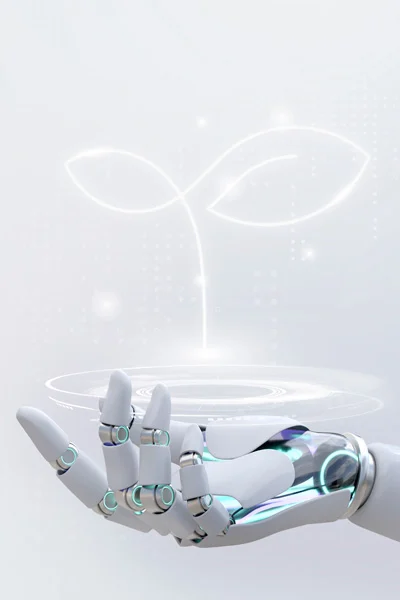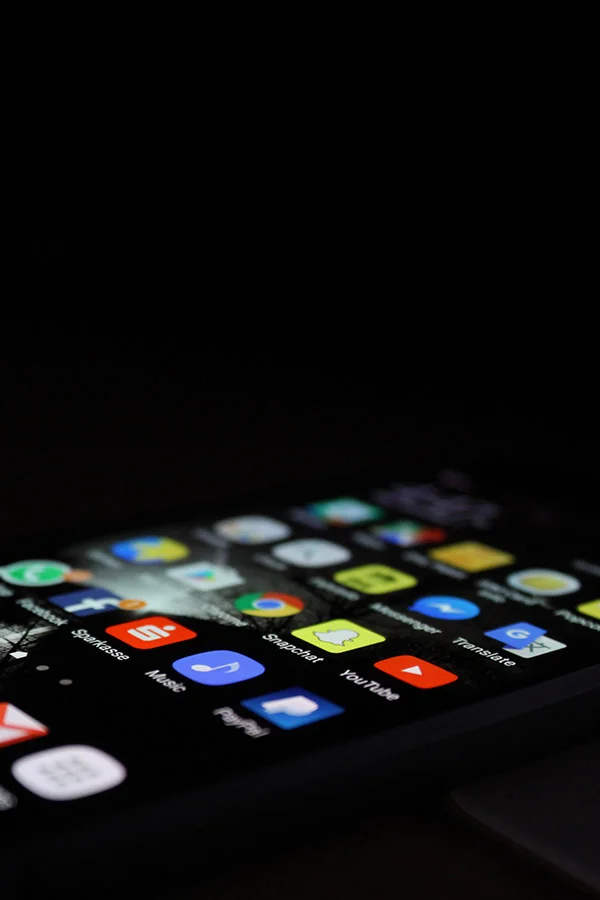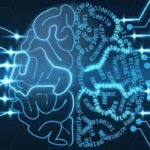Welcome to the world of computers because they aren’t just gadgets, but artists too! This era belongs to AI songwriters, transforming how we create and enjoy music, and how we think about music. Machines not just playing music but composing it – from calming melodies to foot-tapping beats. They learn from every genre and era and mix it all up to produce something exclusively new and exciting. This isn’t sci-fi; it’s happening right now, and the music industry is being reshaped. Ready to dive into how AI is tuning itself to be the new maestro of our digital music world? Let’s hit the play button on this enthralling journey!
The Dawn of AI in Music
Firstly, what’s AI? To put it simply, it’s a means for computers to learn and make decisions, kind of like humans, but more rapidly and sometimes even smarter than humans! In the music world, AI has begun to play a key part. It’s not just about playing tunes but creating them. AI can learn and make decisions, and therefore, is revolutionizing the music world. By absorbing different musical styles and applying complex algorithms, AI systems are composing melodies of their kind. This new period mixes technology with creativity, hence opening doors to infinite musical possibilities. it’s about a new wave of innovation, not only notes and rhythms. AI in music is here, contributing a fresh soundtrack to our lives, and it’s just the start of a thrilling voyage in the art of sound.
How AI Writes Music
AI writing music is more like a computer who learning to be a composer. It begins by analyzing heaps of melodies, grasping examples and styles across genres. Afterwards, using algorithms, AI blends these learned tunes to create new ones. It’s more like a recipe – taking a pinch of pop, and a dash of jazz, and merging them into something fresh and familiar at the same time. This procedure, powered by machine learning, lets AI get better with time, improving its musical creations. The result? Original compositions that reflect a vast variety of influences, present a glimpse into the future of music where technology and creativity harmoniously overlap.
The Magic of Machine Learning
The secret sauce in this process is machine learning. This is when computers learn without being explicitly programmed. They improve over time, modifying their compositions as they go, identical to a human musician learning their skill. Machine learning is more like teaching a computer to think and learn solely. It’s a part of AI where computers look at lots of data and set up to identify patterns. Imagine teaching a computer to tell the difference between cats and dogs by showing it a lot of pictures. Bit by bit, it learns by itself. From recommending your next favorite song to helping self-driving cars steer, this tech is used far and wide. It’s like magic as it transforms data into knowledge and makes machines smarter every day. Machine learning is changing the game in technology. It makes what looked like sci-fi yesterday, a reality today.
AI Songwriters Collaborations
AI songwriters collaborations are creating a buzz in the developing world of music. Visualize artists and algorithms working in harmony, merging human creativity with machine intelligence. This pioneering partnership assists musicians in exploring the new world of musical potential. AI helps artists in crafting unique compositions by analyzing vast music libraries, learning styles, and patterns. These collaborations are transforming songwriting, offering various fresh sounds, and modifying music creation. By pushing the boundaries of what’s possible in music, AI continues to reshape the music industry and cherish a space where technology and tradition pleasantly exist. Welcome to the future of songwriting – a masterpiece of code and chords.
AI Music in the Industry
AI is a game-changer in today’s music industry. It’s not just about playing music; it is creating it. AI algorithms can create new melodies by analyzing vast music libraries and offer a merger of familiar and inventive tunes. This technology enables anyone with a computer to become a composer to democratize music creation. In addition, AI revolutionizes how music is discovered and promoted. Streaming services use AI to suggest new songs based on listening habits and mark user experiences. This helps unlearnt artists to gain exposure. However, this innovation also raises questions about authorship and the emotional depth of AI-created music. AI in music is a pleasant future blending technology and creativity.
The Songwriters AI Ethical Tune
But wait, it’s not all sunshine and rainbows. There are some complex jiffs too. For example, who’s the owner of AI-created music? The person who designed the AI? The person who provided the data it learned from? It’s a grey part that’s still being figured out. And what about the human touch? Some are concerned that AI music might lack the emotion and depth of human-ready tunes. Above all, can a computer feel the sadness or the joy of a pop anthem?
The ethical tune is a vital consideration in the land of AI songwriters. A challenging questions arise as AI systems create music; who keeps these melodies captured by machines? The systems expert, the operator, or the AI itself? Moreover, there’s a debate about the emotional depth of AI-composed music. Can a computer truly seize the essence of human feelings in its compositions? These questions are needed as they steer the delicate balance between innovation and the human touch in art. In a digital world, the ethical tune of AI songwriters is not just about legitimacies; it’s about maintaining the depth and integrity of music.
AI and Future Symphony in Music
In the symphony of the future, AI plays a leading role, orchestrating a new era in music. This innovative blend of technology and artistry is transmuting exactly how we create, experience, and interact with music. AI algorithms learn from vast musical libraries and composing pieces that merge classical harmony with modern beats, birthing fully new sorts. These AI composers constantly grow, don’t tire, don’t hesitate, and push the boundaries of creativity. As AI continues to progress, it promises a rich, varied musical landscape. The technology matches human creativity, creating a future where music is more reachable, personalized, and advanced than ever before.
Teaching Old Tunes New Tricks
The phrase coaching old tunes to new tricks captures a unique blend of tradition and innovation in the expanding world of music. Imagine classic pieces of music, those timeless pieces we all know and love, being reimagined through modern technology and creative approaches. This notion isn’t just about changing old hits but also about breathing new life into them. These familiar tunes are transformed and offer a fresh viewpoint while glorifying their original essence by blending digital improvements, existing beats, or even AI-driven clarification. It’s a musical journey that relates the past and present. It proves that even old tunes can learn new tricks!

The Role of AI in Music Education
Here’s a new cool part: AI is becoming a teacher! Music education is being altered by AI-powered apps and programs. They can listen you to play, give feedback, and suggest improvements. It’s like having a music instructor who makes learning an instrument more accessible and available 24/7 to everyone.
- Personalized Learning Experiences: AI can mould music education to individual students’ desires. Just like a personal tutor, AI-driven tools can offer personalized practice routines, song suggestions, and interactive feedback by evaluating a student’s playing style, progress, and favourites.
- Accessibility and Reach: AI makes music education more reachable. Students can access quality learning resources wherever they are. By bringing music education to a broader audience, AI-powered apps and online platforms halt the geographical and economic barriers.
- Interactive Tools for Practice: AI brings advanced ways to practice. For instance, apps that listen to students play and provide real-time feedback. In virtual reality environments, students can practice in simulated concert settings and improve the learning experience.
- Data-Driven Insights for Educators: AI provides educators valuable insights hooked on their students’ progress. Teachers can identify students’ strengths and weaknesses by analyzing data from practice and allow for more effective and targeted teaching strategies sessions.
- Composition and Creativity: AI can assist in the creative process and offers tools for composing and assembling music. It is mostly useful in educational settings, allowing students to experiment and learn about composition in cooperative and appealing ways.
- Overcoming Traditional Limitations: Old-style music education can be limited by the access to resources like instruments or expert teachers. AI can mimic instruments, providing expert-level guidance by virtual instructors and making high-quality music education more universally available.
Challenges and Opportunities
Yes, the AI music journey isn’t without its bumps. There are concerns about job shifts for musicians and composers. But on the other side, AI can also be a tool for artists that help them discover new creative walks and reach wider audiences. AI music steps up new possibilities for soundtracks in the realm of film and video games. Via AI, smaller projects can have custom music that reacts to the storyline or gaming environment and creates a more mesmeric experience.
Conclusion
In conclusion, AI songwriters are transforming music and unifying technology with creativity to open new skylines. As they stand to learn and progress, they’re not just tools, but partners in the artistic process that offers fresh perspectives in music composition. In music, this digital transformation indicates an era of innovation that stirs our traditional ideas of artistry and encourages an exciting future for music enthusiasts and creators equally. The masterpiece of AI in music is just beginning!
FAQs
Can AI Write Music in Different Genres?
Definitely! AI can compose music in various types, from jazz to hip-hop, classical to pop, via learning from varied musical datasets and applying complex algorithms to imitate different styles.
Is AI-Generated Music as Good as Human-Composed Music?
AI-generated music can be astonishing, toning human composition in complexity and style, but it often lacks the emotional depth and fine creativity that human composers carry to their music.
Can AI Understand and Replicate Human Emotions in Music?
AI can imitate patterns related to emotions in music, but whether it truly understands these emotions like humans do is debatable. It beats in replicating emotional signals, yet the depth of human emotional understanding remains exceptional.

